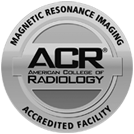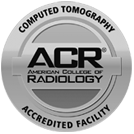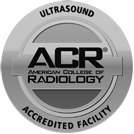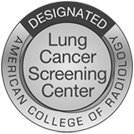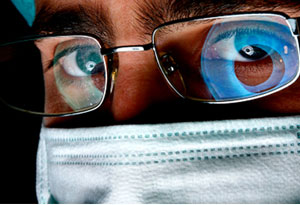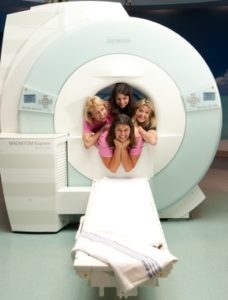
MDI offers several state-of-the-art MRI options, including a wide bore MRI that can accommodate patients of higher weights, and /or who are claustrophobic.
Each convenient location offers evening and weekend hours.
No insurance? No problem! Ask about our competitive self-pay rates.
Take a minute now,
to save a few later.
All patients must bring their insurance card(s) and photo ID to their appointment.
If you are having an MRI or CT, please fill out the corresponding form in the Patient Information & Forms box and bring with you to your appointment. This will save some time during the check in process.
If you are unable to make your appointment, please call 24 hours in advance to cancel/reschedule, or it will be considered a “No Show”. When rescheduling a “No Show” appointment, there will be restrictions on appointment availability.

MRI Magnetic Resonance Imaging
Magnetic resonance imaging (MRI) of the body uses a powerful magnetic field, radio waves and a computer to produce detailed pictures of the inside of your body. It may be used to help diagnose or monitor treatment for a variety of conditions within the chest, abdomen and pelvis. If you’re pregnant, body MRI may be used to safely monitor your baby.

CT SCAN Computed Tomography
Computed tomography (CT) of the chest uses special x-ray equipment to examine abnormalities found in other imaging tests and to help diagnose the cause of unexplained cough, shortness of breath, chest pain, fever and other chest symptoms. CT scanning is fast, painless, noninvasive and accurate. Because it is able to detect very small nodules in the lung, chest CT is especially effective for diagnosing lung cancer at its earliest, most curable stage.

ULTRASOUND General Ultrasound
Ultrasound imaging uses sound waves to produce pictures of the inside of the body. It is used to help diagnose the causes of pain, swelling and infection in the body’s internal organs and to examine a baby in pregnant women. Ultrasound is safe, noninvasive, and does not use ionizing radiation.

X-RAY Radiography
X-ray or radiography uses a very small dose of ionizing radiation to produce pictures of the body’s internal structures. X-rays are the oldest and most frequently used form of medical imaging. They are often used to help diagnose fractured bones, look for injury or infection and to locate foreign objects in soft tissue. Some x-ray exams may use an iodine-based contrast material or barium to help improve the visibility of specific organs, blood vessels, tissues or bone.
INTERVENTIONAL PROCEDURES
Are you experiencing: Joint Pain? Tendon Pain? Our Interventional Radiologist can help! Our Interventional Radiologists have been performing procedures in many hospitals in and around Milwaukee for 52 years. They are now expanding and diversifying and will be bringing their expertise to MDI. With many years of experience combined, they provide state-of-the art treatments to help their patients live healthier, happier lives! What is Interventional Radiology? Interventional Radiology (IR) is a specialization that uses imaging guidance to perform minimally invasive procedures. Using the most advanced technology and techniques, Interventional Radiologists perform minimally invasive procedures to both diagnose and treat a variety of health conditions. What are the benefits of Interventional Radiology? Seeing an Interventional Radiologist compared to a traditional surgeon has many benefits including the following: – Minimally invasive treatment – Less expensive – Less painful – Less risk of infection or other complications – Less down time Call Milwaukee Radiologist Ltd at 414-914-9430 to schedule a consultation.
